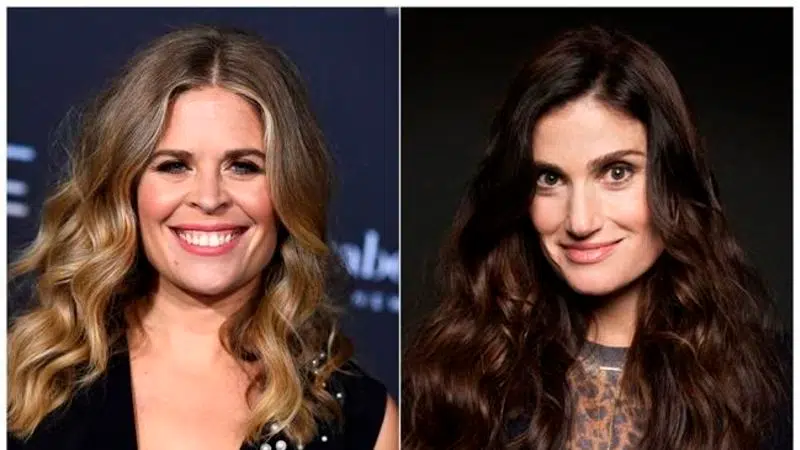
Fall Preview: The women behind Elsa on ‘Frozen 2’
NEW YORK — Years after “Frozen” came out, some of us still can’t walk through our home without accidentally prompting “Let it Go” to erupt from some unseen toy.
Elsa never really left us. But she’s back.
If you haven’t already been informed by some young girl (or boy) in your life, “Frozen 2” will be unleashed in theatres on Nov. 22, six years after the original amassed $1.2 billion in worldwide ticket sales (a record for an animated film), sent the name “Elsa” skyrocketing up popular baby name lists and ingrained the lyrics of “Let it Go” on the collective consciousness of humankind.
To reflect on Elsa’s journey ahead of the release of “Frozen 2,” The Associated Press assembled the two women most responsible for her creation: Jennifer Lee, co-director and writer of each film, and Idina Menzel, the Tony-winning actress who gives the ice queen her clarion voice.


